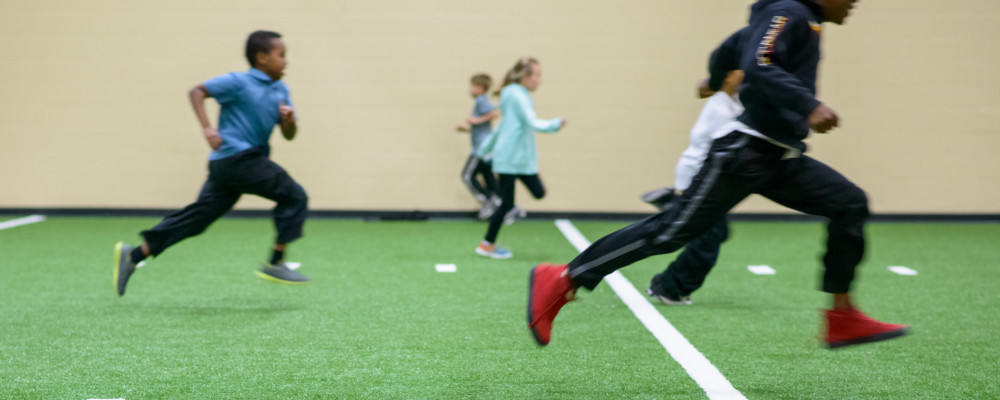Does practice really make perfect? With higher pressure mounting on educational institutions to produce students that meet and exceed stringent standards, a large push has been made to increase the amount of instructional time that students have in math, reading, and writing.
With there being a finite number of hours in a given day, certain classes that were previously staples in educational schedules have fallen to the wayside.
Particular elective courses and physical education have been removed or watered down to only be available to students a select number of days a week. But that’s okay, right? For a long time, it’s been the status quote that the more instructional hours working on reading, writing, and math, the better our children will soak all the information up and perform better on tests. However, this isn’t true according to a majority of current research and research dating as far back to the early 80’s.
The shocking part of it all is that with increased instructional hours, there hasn’t been a significant change in the levels of proficiency or academic achievement in any subject matter. If anything, it’s declined over the years.
With so many schools removing physical education or placing a lower emphasis on the subject, it allowed researchers to examine the differences in educational approach; more instructional time or physical activity.
Programs employing physical education curriculum designed to improve student’s physical performance showed to perform better on standardized testing and greater academic achievement overall.
Two variables were found to have a significant correlation to higher academic achievement: cardiovascular endurance and body composition (Castelli et al. 2007). Ironically enough, those two variables are also the first to go when a person doesn’t partake in enough vigorous physical activity and has poor nutritional habits.
So, with physical activity declining in our daily lives, physical activity not happening in school, and poor nutritional habits being formed daily, is it any wonder that students aren’t performing as well academically as they used to be? It might be time to rethink the work harder approach and start playing smarter.
Castelli, D., et al. (2007). Physical Fitness and Academic Achievement in Third and Fifth Grade Students. Journal of Sport & Exercise Psychology; 239-252.
Guest post by Rob Bawol

